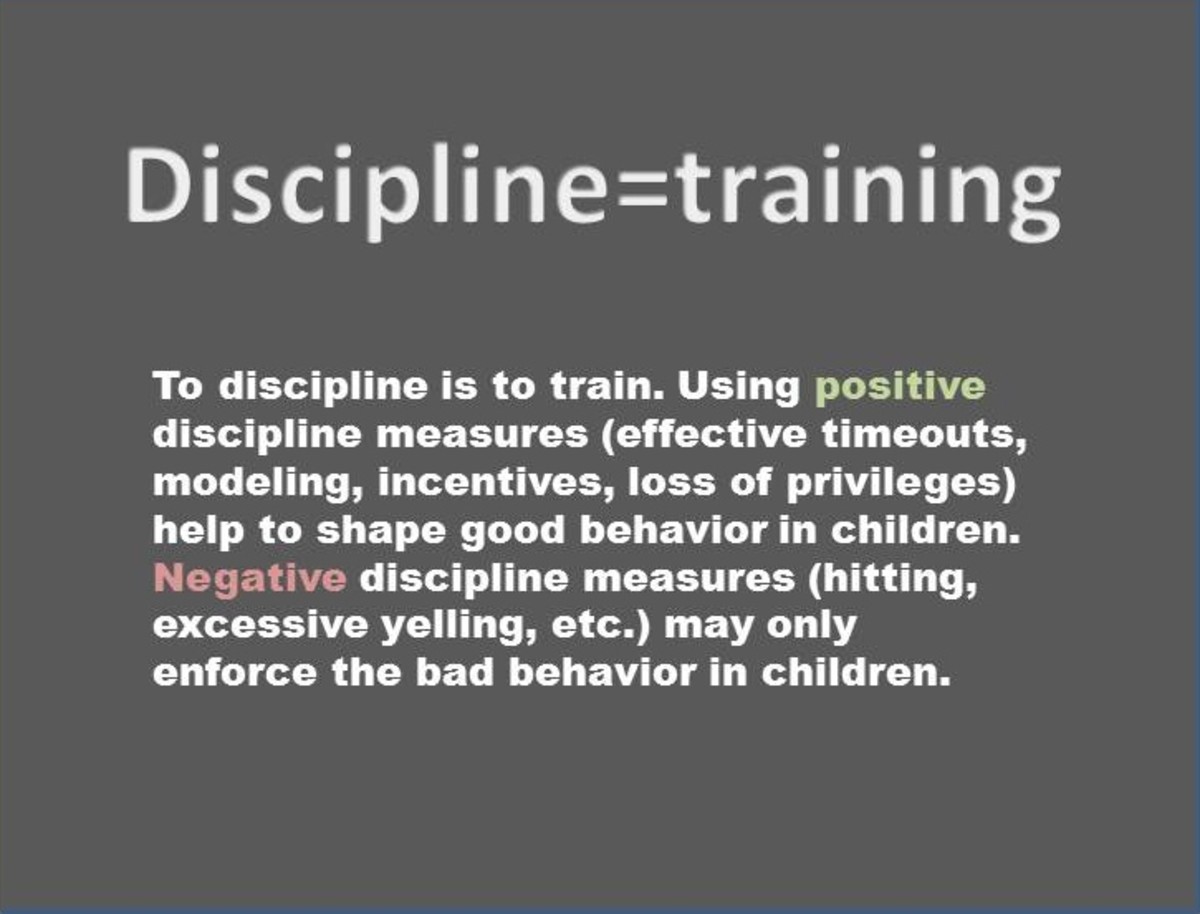Learning to Be the Best Parent: How to Defy All Odds and Succeed in Parenting
How to Build a Memory Lane Fatherhood Ride
The thought of bringing a child to this planet can be the most joyful time and at the same time the most stressful time you will have being a parent. A new baby is fun but they need a lot of work and attention. Becoming a father is about honoring your responsibility to provide and sustain a commitment to your baby’s psychological, emotional, intellectual, social and spiritual growth in all their rich dimensions, and help them into a good start for their own lives. Fulfilling a fun and enjoyable fatherhood will bear lasting unforgettable memories to your baby’s childhood experiences and this is associated with positive child characteristics such as empathy, self-esteem, self-control, psychological well-being, social competence, and life skills.
Financing your Family
To provide for your family during times of Recession means having a secure job or business that is lasting to provide a long term consistent income. It is true that these days family financing is now a shared responsibility. Gone are those days where only men endured the labor of bringing money for the family. Working from home and flexible working are some of the ways that have speedily grown to create family financial stability. Some families, the roles have even been swapped; more men are increasingly accepting the role of staying at home to look after children while women go to work. Thanks to Affirmative Action and Equal Opportunities policies for recognizing the value of women to successful workforce.
Bonding with your child
It is important and essential to develop a bond that creates a life-long evolving relationship that must be continually nurtured and cherished. Creating a close-knit family can only develop the child-father relationship into an admirable adult friendship over the years. This may be a foreign concept to many, because children often view their fathers in the same light as they did when they were children. However, times change, and as children grow into independent adults, their relationships with fathers should grow too. Engaging in down on the floor “rough and tumble play” with your growing baby or child play an especially important role in developing kids growing social skills.

Stimulation
Stimulate your baby wisely. Appropriate stimulation of your baby’s brain ensures optimal development of all the important areas of development; motor development, cognitive development, emotional development, sleeps routine or habits and diet or nutrition habits. Listening to music is one way to enhance your baby’s brain power.
The benefits of routine
Having a day-to-day routine that works for your baby and the rest of your household is very important and has benefits. The consistency and predictability of a routine gives your baby a sense of security and will help settle your child’s behavior when they start school. Routine will also help you feel more in control of things, and help you to balance work and home allowing you to spend quality time with your family. Children appreciate a sense of being valued and they will grow to learn that daddy is consistently in their lives no matter what they do.
Communication with your child
Positive two-way communication is essential to building your growing child's self-esteem. Who think babies cannot communicate sense? Babies are well capable of letting their needs known. Crying is a sign of discomfort and wanting something to satisfy needs such as hunger, nappy change, nap time, etc. Communicating and expressing age appropriate conversations with your baby not only will it make it fun. It will strengthen your skills to communicate difficult and sensitive issues transparently when your child goes through teenage stages.
Discipline! Why Discipline?
Sensitive mothering in the first year of your child's life is thought to predict the quality of the mother-infant attachment. Self-knowledge may be her byword. Parents, in-laws, friends, and even complete strangers all offer their opinion when it comes to the way you raise your child.
Child discipline and training does not occur in a vacuum. Their behaviors are formed within the context of what they witness in their primary teachers. Child discipline is an important, yet often difficult element of successful parenting. Effective discipline helps a child in exercising self-control, accountability, and respect for others, after all children are the future generation.
Behavioral psychologists generally suggest that rewards may be more effective at producing long-term behavioral changes, although punishment may be more effective short-term. Punishment has a number of drawbacks. Behavior management is often demanding and tiresome.
Talk to your spouse to see if you are both on the same page when it comes to consequences for your child. Talk respectfully to them and about them. It's very tempting to ridicule children in the hope that constantly pointing out bad behavior will make them stop doing it.
Again, consistency is crucial, as is follow-through. Make good on any promises of discipline or else you risk undermining your authority. Aggression from parents usually occurs when they buy into the impossible belief, “I MUST make my child do what I say. They are not going to win their way.” Agitating, with little evidence and less logic, for the criminalisation of smacking does little to help in this endeavour. It does, however, do much to undermine the advocacy for children in this area.
Spanking in these circumstances may lead to an unintentional injury or more serious abuse. Spanking never solves underlying problems. Children misbehave because they feel unloved, incompetent, worthless, or bored. Love has tremendous power. Love withdrawal produces another external motivation for appropriate behavior with the same results as power disciplines: children who engaged in inappropriate behavior when they thought they would not be caught.
Teach your child to vent frustration using words. Instead of biting, your child can learn to say, "I don't like it when you do that." At the same time, explain why biting isn't acceptable.
Disciplining your child is hard enough, but disciplining another person's child is enough to turn even a strong parent into an emotional wreck. Then again, no one deserves cola-sprayed hair when eating out. Disciplining your children is one way of setting them on the right path and equipping them to wing it on their own. Disciplining your child should be consistent. Both parents must have similar philosophy and teaching methods. Punishment should also be consistent as this will not confuse the child.
Disciplining your child is really just teaching him or her to choose good behaviors. If your child doesn't know a good behavior, he or she is likely to return to the bad behavior. Disciplining your child is one way of setting them on the right path and provides them to building it on their own. Disciplining your child means teaching them responsible behaviour and self-control. Good discipline is teaching your child how you would like he/her to behave.
Disciplining your child in public presents certain challenges. Disciplining your child is not bad. It doesn’t have to make you feel like an army commando! You know when your little angel is up to no good. Remember that the ultimate goal of discipline is to help our children develop self-control and self-discipline.
Looking at the youth today, they are out of control, killing, stealing, murdering at alarming rates. Christianity says it’s because the Bible says we are born with a corrupt nature which is corrected only through training, discipline, and GOD's word. Consequences are what happens when your child does get in trouble. Remember that the purpose of the plan is not to punish your child.
Decide what is important and what parental response to use to teach your child. It would be more effective to calmly tell your child to be quiet or use "time-out" when a child is physically aggressive. Decide with your spouse how to discipline. If your style of discipline is different from your spouse's then once again your child is going to have some issues with discipline.
It is equally important to be aware of the various child development stages. Child development information can help parents know when they are expecting too much from a child as well as become aware of lags in development that may benefit from professional help.
Parents can make the home a friendly place for children.
How to Deal with Siblings Rivalry
It is not realistic to think that siblings can live in harmony without any disagreements. Disagreements and dealing with them appropriately helps prepare the children to deal competently and confident with external world. Sibling rivalry is nothing new; from the story of Joseph and his brothers to the tale of the Prodigal Son, the Bible is filled with examples of jealous, competitive and downright murderous siblings. The competition for power between siblings allows them to experiment with asserting themselves and gaining self-respect. Whilst siblings’ rivalry has a radical impact on the entire family, some degree of it is completely natural and, it’s important not to let it get out of control.
The following are some of the alarms that are common to siblings’ rivalry. These signs can easily lead to danger, damage or injury. It is very important that you are able to recognize them and intervene just in time. You must remember that the behavior is characterized by repeated pattern and consistency.
- Anger and aggression towards each other.
-
Teasing or some form of bullying including calling names.
-
Constant disagreements resulting in fights or tears.
There are no once off solutions or quick fixes in dealing with siblings’ rivalry. The best thing the parents can do is to establish healthy boundaries around which rivalry is expressed.
What you can do...
- Watch out for favoritism. Avoid taking sides.
-
Give each child individual attention. All children have different demands and it certainly won’t help to generalize. Providing consistent undivided attention to each of them will make them feel secure and protected.
-
Never compare your children to each. The psychological impact of labeling a child as “stupid”, “useless”, “your brother is far better behaved than you are”, can result in a lifelong damage.
-
Never jump into conclusion; it may have been a simple normal bickering that is harmless.
-
Handle conflicts with care and sensitivity. Never expects one child to display responsibility and maturity than the other.
-
Encourage individuality. Let each child explore different experiences of their likes and never force them into each other. They need their own space too sometimes.
-
Look out for patterns of specific stress times. A fight may start because of hunger, we all know how we get cranky if we hungry. If you see any pattern developing into a conflict, act quickly to avoid lasting damage to siblings’ relationship and personal development.
-
Praise the children for positive behavior. This will also build up their self-esteem.
-
Set realistic rules not directed at a specific child, for example “no use of dangerous objects”. Stick to the rules by consistently praising positive behavior and discouraging negative or destructive behavior using constructive punishments such as” time outs”









